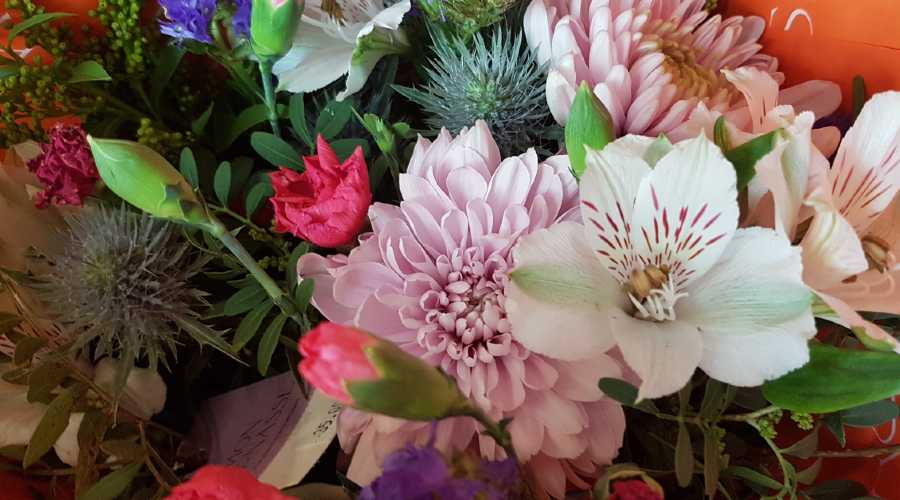Descriptive Writing Prompts and Tips
Here are some descriptive writing prompts, as well as some tips for writing better descriptions. For more ideas and writing help, be sure to join our free email group.
Descriptive writing prompts
1. The view out your window (light, shadows, colors, the look of the sky, the look of the ground, what's there)
2. The current weather outside (how the wind moves, how it smells, temperature, how it changes the way things look)
3. Your physical appearance
4. Your room and house
5. The home of one of your friends
6. Someplace you've worked
7. The street where you live
8. Your first love or your current partner
9. Someone you think is really attractive or really unattractive
10. Someplace you have traveled
11. A plant or animal that you can see right now
12. Every place that you have been today
13. The last meal you've eaten or your favorite food
14. Your parents or grandparents
15. Your favorite place to relax
16. An animal or plant that you can go look at right now
17. The smell of your pillow
Tips for better descriptive writing
A great description makes the reader see, smell, feel, hear, or taste what you're describing. The keys to effective description are:
1) Careful observation.
The reality of things is often different from what we assume. For example, when beginning artists try to draw a human face, a common mistake is to place the eyes at the top of the head because that's where we imagine the eyes should be. But if you actually measure a face, you'll find that the eyes are closer to the center. Good writers look beyond their assumptions and really examine the subject of their writing. This allows them to write descriptions that come get much closer to the real world.
2) The right details.
If I tell you that my living room contains a sofa, a lamp, a desk, and a desk chair, that doesn't give you much of a mental picture, does it? So far, I could be describing almost any living room. What if I tell you that the sofa is two feet from the desk and that the desk is made of synthetic wood with metal legs and is approximately two feet high, about six inches higher than the seat of my desk chair? This is additional information, but it doesn't do a lot to help with your mental picture.
You need to know what's unique about my living room. If you visited my living room, what details would you carry away in your mind? Well, you might remember my ugly second-hand sofa, the color of scrambled eggs, with a hole worn in the seat that fills with breakfast crumbs. This sofa is not only distinctive, it also conveys a larger picture. For instance, it lets you know that I am not living in a palace. And that my housekeeping leaves something to be desired. This conversation is getting embarrassing, so I will move on to the next point...
3) The right words.
Think of the words "glowing" and "glittering." Both refer to light, but they are different.
Something that "glows" has a light that shines as from within. Lit windows glow. Healthy skin might seem to glow. Something that "glitters" generally reflects many tiny points of light. Diamonds glitter. Icicles glitter. The word "glow" sounds soft, and the word "glitter" sounds hard. The word "glow" sounds warm, and the word "glitter" sounds cold.
Pay attention to the feeling of the words you choose as well as to their meaning.

Descriptive writing prompts - Next steps
Journal prompts for writing about yourself, your beliefs, and your daydreams